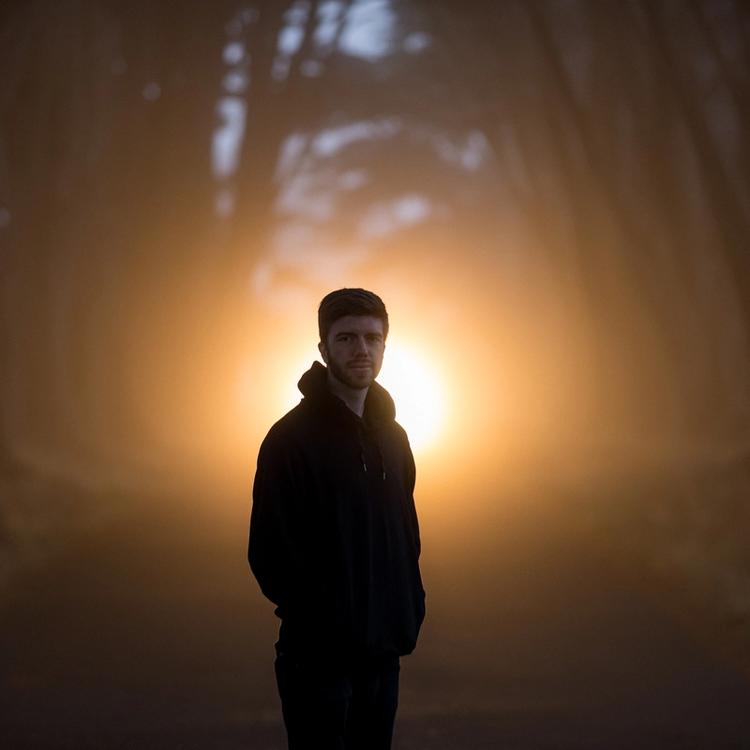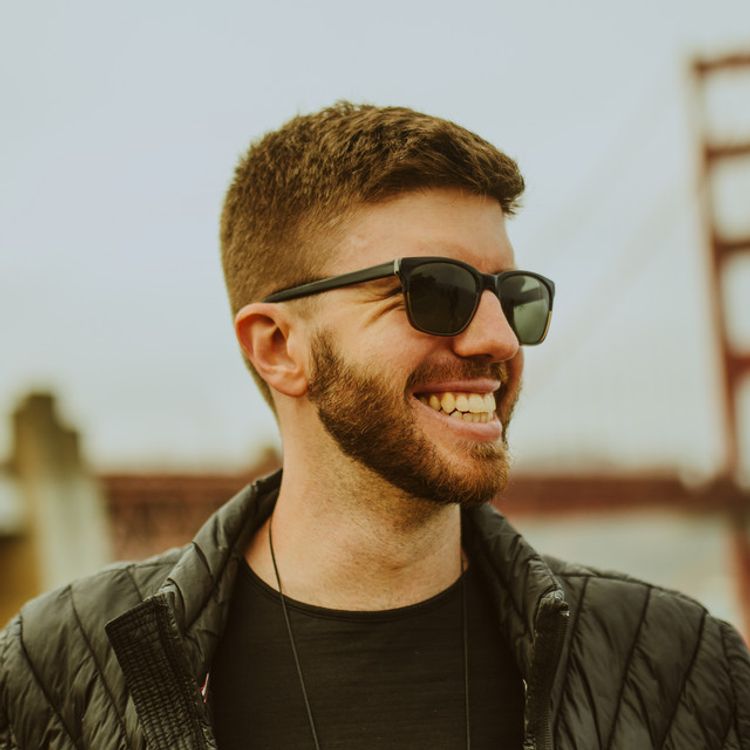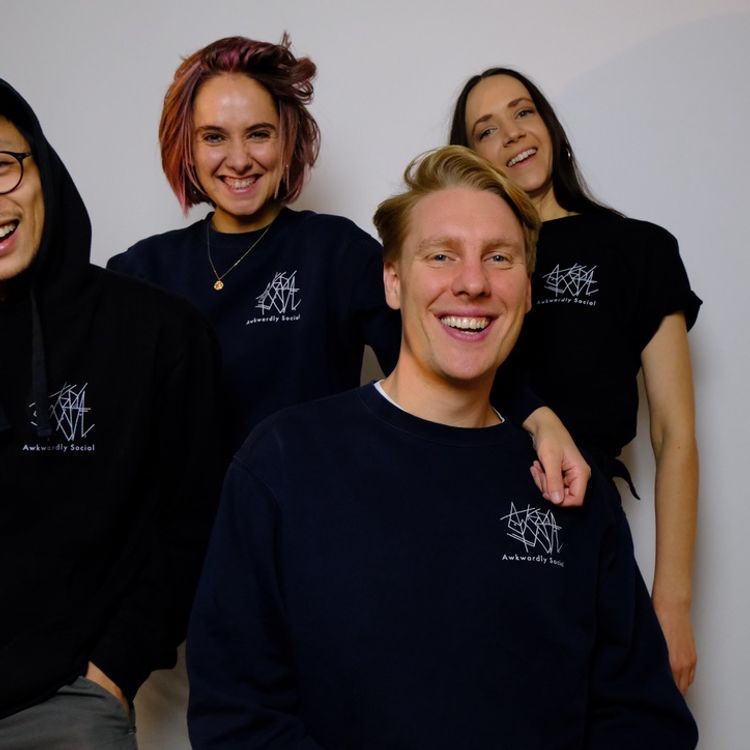The Sound of Self-Acceptance: Spencer Brown’s Story of Coming Out
In a Billboard interview, San Francisco-based producer Spencer Brown, a familiar name in the global dance scene since 2014, opens up about his journey of self-discovery and coming out as gay. Brown’s rise to prominence began when Above & Beyond discovered his debut EP, leading to a contract with the influential Anjunabeats label. His first EP was released under Avicii’s Le7els imprint, after which Brown toured the United States with Avicii on his 2014 True tour. He has since graced the stages of major festivals like Electric Daisy Carnival, Tomorrowland, and Creamfields, earning accolades for his emotive and intricate progressive house productions.
Yet, amid his professional success, Brown was grappling with a personal struggle he hadn’t shared publicly—his sexual identity. Six years ago, Brown realized he was gay. This revelation came after years of internal conflict and anxiety, as he sought solace in the inclusive dance music scene, a space largely shaped by the contributions of gay men. As he began to confide in friends and family, Brown found that his support system grew alongside his career. Earlier this year, he released his sophomore album, Stream of Consciousness.
Brown’s essay vividly captures the emotional turmoil he experienced, painting a picture of waking up every day with a profound sense of self-hate and confusion. He recounts the crippling anxiety that kept him under his sheets and the disorienting reflection staring back at him in the mirror—a person he didn’t understand. This was Brown’s reality for over a decade, but as he shares, mornings don’t have to be that way.
Brown explains that before he could love himself, he had to accept every part of who he was, including his sexuality. Growing up in Dallas, a heteronormative environment, Brown was taught that being gay was something that existed outside the norm—a reality reinforced by the casual homophobia he encountered. Desperate to fit in, Brown tried to convince himself that his lack of interest in girls was due to his focus on work or that he was simply asexual.
However, dance music became his refuge, offering a community where all were welcome, regardless of race, gender, sexuality, or religion. Producing music became an escape from the reality he felt excluded from, but the more he tried to suppress his true feelings, the more his inner turmoil grew. His anxiety attacks became more severe, and waves of depression crashed over him with increasing force. Brown also struggled with obsessive-compulsive disorder (OCD), a mental health condition that caused him to hyper-focus on intrusive thoughts, exacerbating his daily struggles.

It wasn’t until Brown was 18 and left Dallas for Duke University that he began to confront his identity. Even then, he remained uncertain, telling himself he was asexual to explain his disinterest in girls. It wasn’t until he hit rock bottom during a summer in Los Angeles at the age of 20 that he began to entertain the possibility that he might be gay. The thought terrified him, and he feared it would devastate his family, cost him his friends, and leave him without a future. But that moment of despair became a turning point.
With the help of a supportive therapist back at Duke, Brown slowly began to come out to himself and then to his closest friends and family. Each time he confided in someone, the weight on his shoulders lightened, and the support he received helped to erode the self-hate he had harbored for so long. His fears of losing everything proved unfounded, and instead, he found himself surrounded by love and acceptance.

Reflecting on his journey, Brown acknowledges how fortunate he has been, especially compared to the challenges faced by the Black LGBTQ+ community, who often experience double discrimination. In light of recent events that have brought issues of racial inequality to the forefront, Brown expresses his solidarity with those fighting for full equality, regardless of race, gender, sexuality, or religion. He has donated to the Center for Black Equity, an organization supporting the Black LGBTQ+ community, as part of his commitment to advocating for change.
Brown’s story is one of resilience and self-discovery. He hopes it will resonate with anyone struggling with their gender or sexual identity, offering reassurance that things do get better. His message is clear: learn to love yourself and surround yourself with people who love you for who you are. Toxicity and self-hate have no place in your life. For those seeking a supportive community, Brown offers the dance music scene as a welcoming space, one that saved him during his darkest times and one that he believes can offer the same refuge to others.
As he continues to evolve as an artist and a person, Brown has found ways to channel his OCD into more productive outlets, like perfecting his music. He has transformed from a self-hating, anxiety-ridden boy into a self-loving, grateful man, and he is now committed to giving back to the community that supported him. This Pride, Brown celebrates not just his own journey, but the journey of countless others who have struggled and found their way to self-acceptance and love.
















